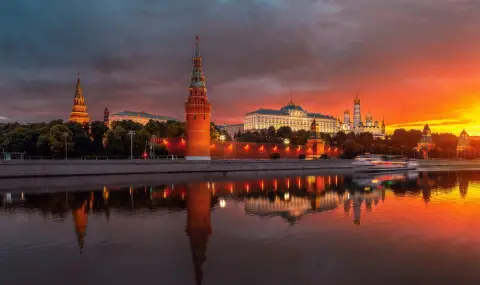Dialogue between Russia and Romania on the resolution of the European Parliament (EP) demanding that Russia return to Romania its gold is impossible due to the politicization of the topic, it must be stopped, Mikhail Shvidkoi, special representative of the Russian president on international cultural cooperation, said in an interview with TASS, BTA reported.
In March 2024, at a plenary session in Strasbourg, the European Parliament adopted a resolution calling on Russia to return in full the state treasure to Romania, which it had illegally appropriated during the First World War. In the resolution, MEPs point out that despite several attempts at diplomatic negotiations after the First World War, Romania's state treasure, sent to Moscow for safekeeping between 1916 and 1917, has never been fully returned by Russia.
"Under the current circumstances, we will not engage in dialogue with any foreign enemy state. At one time there was a government commission on Romanian gold, which did not reach any results. In general, it seems to me that this topic should be closed in principle. For a number of reasons. First of all, because of the current context. Romania has the same European solidarity position towards Russia, so there can be no dialogue on this topic at all. That is, there should be a dialogue, it should be maintained on some vital issues, but this topic is quite politicized from my point of view," Shvidkoi said.
According to Shvidkoi "regardless of what the Romanian diplomats write” and "regardless of what documents are transmitted through diplomatic channels”, Russia will not conduct this dialogue. "Russia does not owe anything to anyone," he stressed.
During the First World War, between 1916 and 1917, Romania sent the national treasury to Tsarist Russia to be protected in case of occupation of the national territory. The treasure includes a total of 91.5 tons of pure gold, which is part of the reserve of the National Bank of Romania, royal collections of jewelry and rare coins, as well as priceless objects of cultural and historical importance, such as state archives, documents, valuable historical manuscripts, paintings , rare books and collections of many public and private institutions. After the communist regime came to power, Russia confiscated the treasures and refused to return them, and a large part of them have not been returned to this day.
